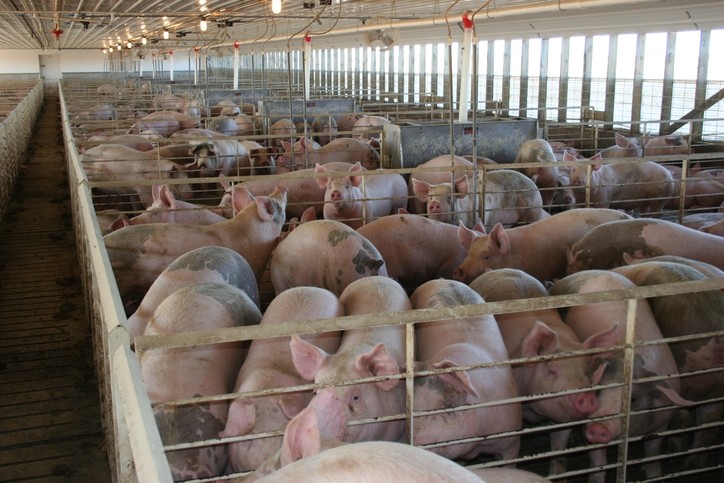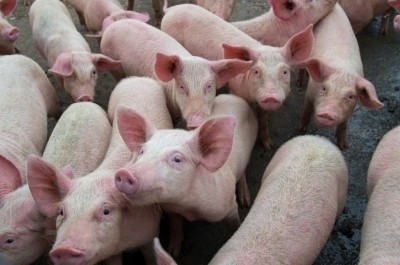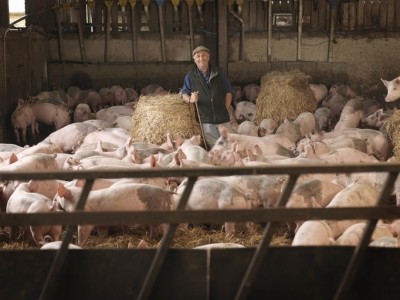US launches new research project to tackle ASF in swine feed

The Swine Health Information Center (SHIC) has received a $650,000 USDA National Institute of Food and Agriculture (NIFA) grant for the research which will specifically look at soybean products.
The primary concern is that the ASF virus would enter into the feed chain through imports and infect the swine. While there is not a risk to humans from ASF it could cause significant economic losses for producers.
The grant was awarded to SHIC with associate director Dr Megan Niederwerder to serve as project director.
Dr Megan Niederwerder told FeedNavigator: “Research that has been done that has identified soybean products as those that enhance or increase viral stability including ASF virus.
“There is something about the moisture content and the protein content that seems to stabilize viruses.”
She added that this new study will look at a wide range of soybean products used in feed and look at the risk factors of each. This will allow for a focus on mitigation strategies as well.
The first part of the project is looking at higher storage temperatures for soybean products. “If there is virus contamination, would it speed up the virus decay in the feed ingredient and inactivate the virus?” questioned Niederwerder.
Mitigate risk
Soybean products, widely used in complete pig feeds, are globally traded and serve as a potential risk if imported from ASFV endemic countries or regions.
“One of the goals of this research is to validate and develop some diagnostic strategies on how we could perform surveillance on soybean products that come in,” she added.
Earlier research showed feed dust could be used as a diagnostic tool. “Feed dust is more representative of a larger quantity of feed than if you did sampling on certain locations within the trailer.”
In 2020, Kansas State University researchers published a paper that found the risk of spreading ASF through feed could be effectively reduced by certain feed additives.








